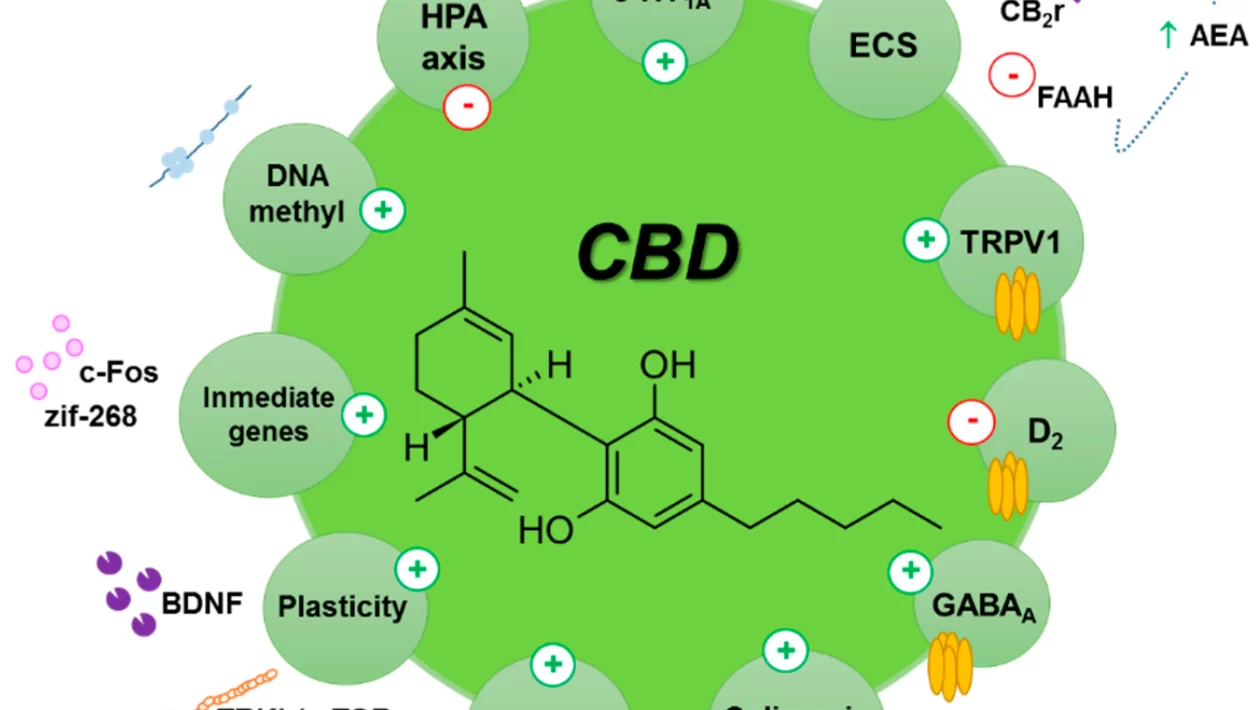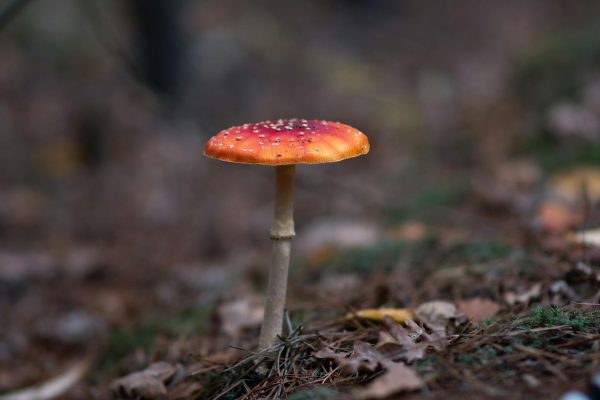Anxiety disorders affect millions of people worldwide, impacting their daily lives and overall well-being. As the search for effective treatments continues, cannabidiol (CBD), a compound derived from the cannabis plant, has emerged as a potential candidate for alleviating symptoms associated with anxiety disorders. In this article, we delve into the current research and evidence surrounding the use of CBD in reducing anxiety.
Understanding Anxiety Disorders:
Anxiety disorders encompass a range of conditions characterized by excessive worry, fear, and heightened stress responses. Common types include generalized anxiety disorder (GAD), social anxiety disorder, panic disorder, and post-traumatic stress disorder (PTSD). While psychotherapy and medications are commonly prescribed, not all individuals respond positively to conventional treatments, prompting the exploration of alternative options like CBD flower’s benefits, which you can easily and legally order online nowadays, for example at Justbob.
The Endocannabinoid System and CBD:
CBD interacts with the endocannabinoid system (ECS), a complex network of receptors that play a crucial role in regulating various physiological processes, including mood, stress response, and sleep. Unlike tetrahydrocannabinol (THC), another compound in cannabis, CBD does not produce psychoactive effects. Instead, it is believed to influence the ECS to promote balance and homeostasis.
Research on CBD and Anxiety:
While the body of research on CBD and anxiety is still evolving, some studies suggest that CBD may have anxiolytic (anxiety-reducing) effects. A review published in Neurotherapeutics indicated that CBD showed promise in reducing anxiety in both animal and human studies. The exact mechanisms by which CBD exerts its effects on anxiety are not fully understood, but it is thought to modulate neurotransmitter systems and influence the functioning of receptors involved in stress response.
CBD for Generalized Anxiety Disorder (GAD):
Generalized anxiety disorder is characterized by persistent and excessive worry about various aspects of life. A study published in The Permanente Journal in 2019 explored the use of CBD in patients with GAD. The findings suggested that CBD was associated with a significant reduction in anxiety scores, and the majority of participants reported overall improvement.
CBD and Social Anxiety Disorder:
Social anxiety disorder involves an intense fear of social situations and potential scrutiny. CBD may have anxiolytic effects and improve subjective anxiety measures, for example during public speaking tasks.
Post-Traumatic Stress Disorder (PTSD):
PTSD is a severe anxiety disorder that can develop after exposure to a traumatic event. Some studies, such as one published in Frontiers in Pharmacology in 2018, have explored the potential benefits of CBD in managing PTSD symptoms. While the results are promising, more extensive research is needed to establish the efficacy and safety of CBD in this context.
Dosage and Individual Responses:
Determining the optimal CBD dosage for anxiety can be challenging, as individual responses vary. Factors such as body weight, metabolism, and the severity of anxiety symptoms can influence how individuals respond to CBD. It is advisable to start with a low dose and gradually increase it while monitoring its effects. Consulting with a healthcare professional is crucial to determine the appropriate dosage and to ensure that CBD does not interact negatively with any existing medications.
Conclusion:
While research on CBD and anxiety is still in its early stages, the existing evidence suggests that CBD may hold promise as a potential adjunctive treatment for various anxiety disorders. It’s important to note that CBD is not a cure for anxiety, and its effectiveness can vary among individuals. As with any complementary approach, it’s crucial to work with healthcare professionals to develop a comprehensive treatment plan that addresses individual needs and includes evidence-based therapies. As the scientific community continues to explore the therapeutic potential of CBD, it offers hope for those seeking alternative options in the management of anxiety disorders.





